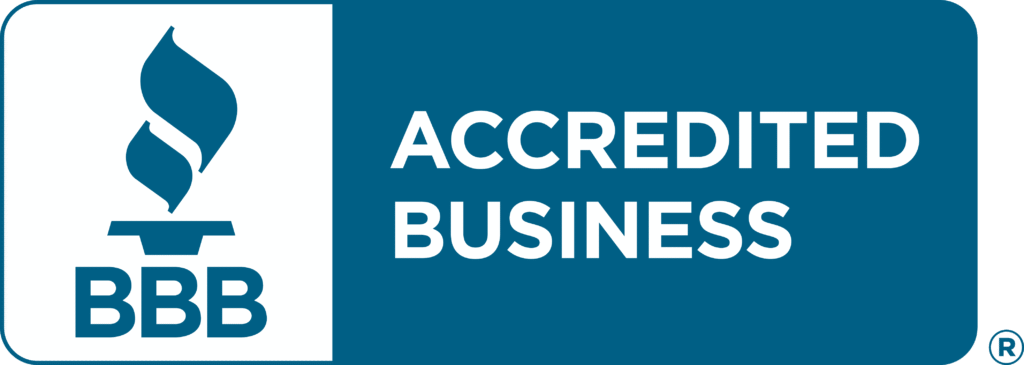Starting a home services business can seem deceptively simple: you’ve got a skill, a van, maybe a website—and you’re off. But if you want to grow something that lasts, the difference between scrambling job to job and running a trusted operation lies in how you structure, market, and evolve. Whether you’re starting solo or already juggling clients, getting this right means fewer headaches, fewer callbacks, and a brand that builds itself over time. Here's how to make it happen, step by deliberate step.
Start with Strategy, Not Just Skills
You’re good at what you do. Great. But being a capable plumber, cleaner, or electrician doesn’t guarantee business clarity. You need to start with an honest look at the market—who you’re serving, what’s oversaturated, and where there's still unmet demand. Instead of casting a wide net, narrow in. Focus builds trust. Choosing a home-service niche that aligns with both your expertise and local demand, you position yourself as the obvious pick instead of just another number in a Google search. Think pressure washing for luxury homes, eco-cleaning for rental turnovers, or smart home installation for tech-savvy households. Niche signals confidence—and confidence converts.
One Tool to Reduce Early-Stage Chaos
Before your first invoice, your first marketing effort, your first employee—there’s paperwork. Formation, registration, compliance reminders. If you try to juggle it all manually, something gets missed. Instead, use ZenBusiness to lock in the essentials: LLC formation, registered agent services, annual report filing. It doesn’t do the work for you—but it clears the mental clutter. In the chaos of starting out, that’s a serious edge.
Use Technology to Stay Efficient, Not Overwhelmed
You don’t need to become a tech wizard. But you do need to stay organized. When your schedule lives on sticky notes and your estimates are buried in texts, it’s not just messy—it’s unscalable. Instead, automate scheduling with dispatch software that syncs with your phone, tracks jobs, and gives clients confirmation in real time. Tools like this don’t just help you manage—they make you look polished and professional, even if you’re a one-person crew. And as your business grows, these systems grow with you.
Be Found Where People Are Looking
Marketing a home services business is less about clever branding and more about being visible when someone needs you. When a faucet bursts or someone moves out, they’re not browsing Instagram—they’re searching locally. That’s where SEO comes in. A polished Google Business Profile, consistent contact details across sites, and strong reviews can go further than any ad. To stay competitive, elevate visibility through local SEO. Think of SEO as your silent sales rep—it works 24/7, doesn’t call in sick, and doesn’t need to be trained.
Keep the Money Clean, Simple, and Separated
Here’s where a lot of folks mess up. They mix their business and personal finances and end up not knowing what they earned or spent. That mistake compounds fast. The fix? Open a separate business bank account—day one. Log every expense, invoice clearly, and reserve for taxes. Whether you're full-time or side-hustling, financial discipline is non-negotiable. It’s not just about taxes—it’s about knowing whether your business is really working. Make it a rule to lay clear lines between personal and business funds. It’s boring. But it’s the kind of boring that keeps your lights on.
Build Something You Can Eventually Step Back From
It’s one thing to do the work. It’s another to build something that doesn’t need you in every task. Hiring that first helper feels scary—until you’re drowning in backlogged jobs and missing dinner again. Training, systems, and shared expectations help ease that transition. But culture matters just as much. People don’t just want a paycheck—they want to know what kind of shop they’re working for. If you nurture a high-performing team culture, you’ll retain good people longer, cut onboarding headaches, and start building something that outlives your direct hustle.
A home services business is never “done.” You’ll tweak, mess up, try again. But if you stay grounded in the fundamentals—clear planning, smart legal setup, visible marketing, clean finances, and tech that supports your time—you’ll stay out of the chaos most get lost in. And eventually, you’ll stop thinking like a solo worker and start building like a real owner.








